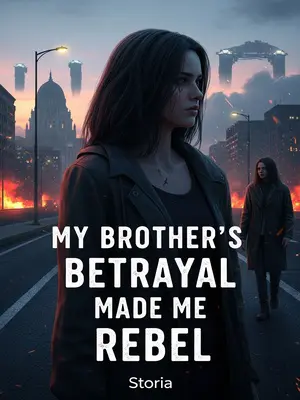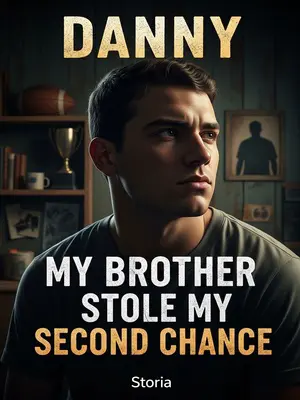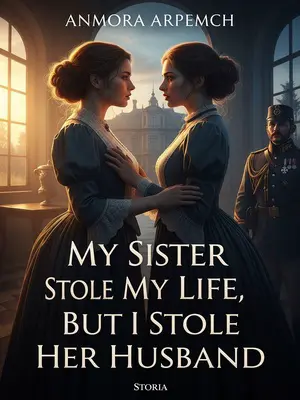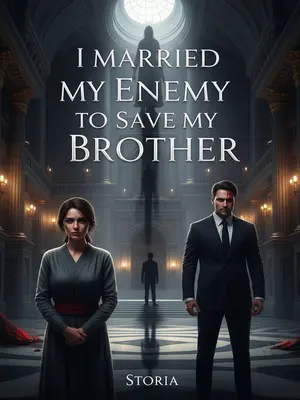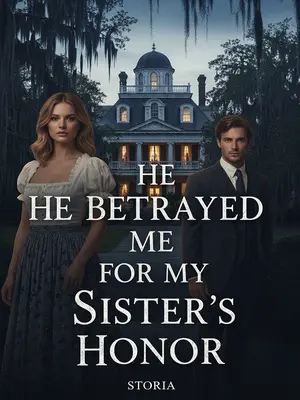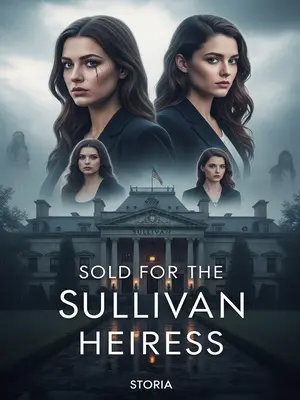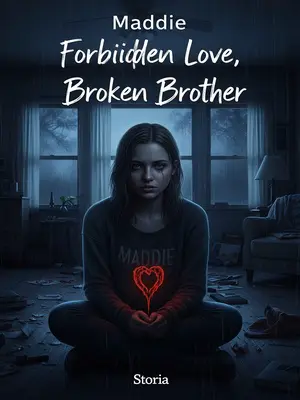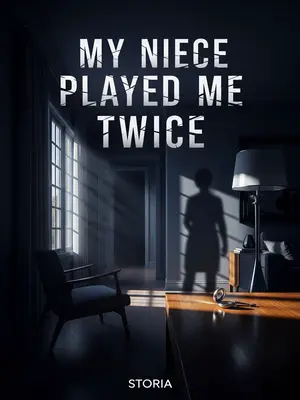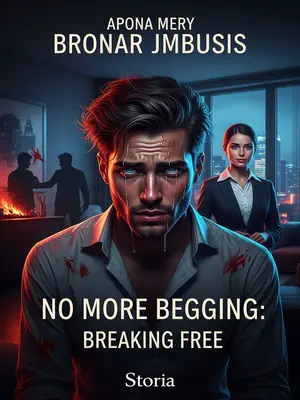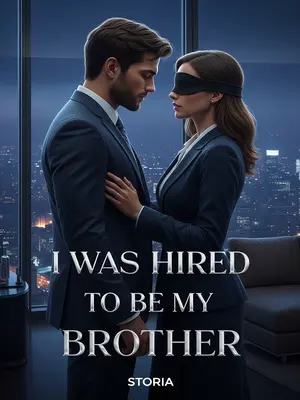Chapter 4: The Old Script, the New Game
I went back to my room, hid all the money, and packed my clothes into a suitcase.
The familiar smell of dust and old textbooks filled my childhood bedroom. I slipped the cash behind the loose board in my closet, just in case. I grabbed my suitcase—a battered Samsonite with stickers from college—and started stuffing it with the basics: jeans, work shirts, that old hoodie from the University of Kentucky. The zipper caught on a loose thread, snagging like the knot in my stomach.
My father rushed in, blocking the door with his usual authority.
He stood there, arms crossed, filling the doorway. The shadow he cast stretched all the way across my bedspread. He always did this when he wanted to remind me who was boss.
“Debts have to be paid. That’s only right. Our Carter family doesn’t run from responsibility.”
He said the words like they were handed down from the mountaintop. Never mind that he’d spent the last week hiding from phone calls and collecting sympathy casseroles.
Heh, and who was it in my last life who led the charge in pretending to be sick and hiding in the hospital?
I remembered the phone calls, the way he’d suddenly developed a limp, the endless rounds of check-ups and prescription bottles. I’d lost count of the times he’d used illness as a shield.
He took my money, traveled the country with my mother and Ethan, and only came back after I’d nearly worked myself to death.
The postcards from Vegas, the photos of them at Niagara Falls—each one a punch to the gut as I ate ramen noodles in my car.
“As the oldest son, you should share our hardships. How can you just run away?”
He shook his head, disappointment heavy in his voice. I’d heard that line all my life, used to justify every favor and sacrifice.
Share hardships?
The words echoed. I wanted to laugh—share, when all I ever did was give.
After they faked illness and went to the hospital, they disappeared with my money.
They vanished from my world, leaving nothing but silence and unpaid bills in their wake.
While I was hunted by loan sharks, all my documents were confiscated, and I was forced to pay off the debt day after day, year after year.
I remembered the endless calls from collections, the way the repo man would sit at the end of the block in his tow truck. My life shrank to a list of jobs and a pile of receipts I could never seem to shrink.
I became disabled and could only work on construction sites.
The accident at the yard—my hand crushed under a stack of bricks. They gave me a splint and a bottle of painkillers and told me to get back to work. Nobody else was going to pay off the debt.
The bricks were scorching, the calluses on my palms grew thicker and thicker.
Summer sun would bake the job site, the air so hot I could barely breathe. The skin on my palms peeled, then hardened, until I barely felt anything at all.
I chewed on dollar-menu burgers, drank tap water, and lived out of my car under a bridge.
My Chevy’s back seat became my bedroom. I’d park under the Route 42 overpass, wrapping myself in an old blanket. My breath would fog the windows on cold nights.
I lived like that for three years.
It felt endless, those years—each day bleeding into the next, marked only by the changing seasons and the slow erosion of my hope.
But the debt still seemed endless. I begged my parents for help, even considered suicide.
I left voicemails they never returned, wrote letters they never answered. Some nights, I sat by the river and wondered what it would be like to just let go.
My parents said: “If you die, they’ll come for us. Do you want your old parents to end up like you?”
Their voices haunted me, even in my dreams. Every time I reached out, I was reminded how expendable I was.
Later, they cut off all contact with me.
The silence was almost a relief—no more guilt, no more false hope. Just emptiness.
Because they were afraid the loan sharks would find them and they’d end up like me.
Fear ruled their lives, and I was the insurance policy they’d cashed in. Family, American-style, I thought bitterly.
Unexpectedly, within five years, I went from a foreman to a real estate executive, and all my investments went smoothly.
I worked my way up—first a foreman, then an assistant, then a partner in a small real estate firm. The money started to come in, slowly at first, then all at once. My bank account finally had more than a single digit.
I paid off the debts, bought a house, and was preparing for my wedding.
I signed the closing papers on a starter home in a quiet Columbus neighborhood. My fiancée and I picked out paint swatches and argued about backsplash tile, finally daring to believe we had a future.
But during the premarital checkup, I was diagnosed with late-stage stomach cancer. Before I could enjoy life, I was handed a death sentence.
It was all there in black and white: CT scan, biopsy, prognosis. I went numb as the doctor gently explained my odds. All that work, all those years, and just as I saw the finish line, it was snatched away.
That’s when Ethan came back from the dead.
He walked into my hospital room as if it was the most natural thing in the world. I stared at him, disbelieving, while he smirked, already plotting what he would take.
Before I died, he mocked me for being stupid, for taking on all his suffering, and even building his fortune for him.
He leaned over my hospital bed, his words dripping with venom: “You should’ve just run. But thanks for the house.”
They signed the papers to give up my treatment and abandoned me in the hospital to die.
There were no goodbyes, no tears. Just a nurse with a clipboard, telling me my insurance had run out and the family had refused further care.
What a fool I was.
I lay there, watching the shadows lengthen on the hospital ceiling, and finally understood how much I’d lost.
What a joke family turned out to be.
The punchline was always me, and I was the only one left laughing.
Suddenly, I changed my mind and put down my suitcase.
The memories hit me all at once. My suitcase thudded to the floor as I realized I wasn’t running this time.
“Dad, you’re right. How could I leave at a time like this?”
I met his eyes, steady and unflinching. My voice was calm, but there was steel in it now.
My father relaxed, as if everything had gone according to plan.
He let his arms drop, a satisfied smile curling at his lips. He thought he’d won. I let him have his moment.
“It’s good you’ve thought it through. Come out and say a prayer for your brother.”
His tone softened, almost paternal. I followed him back to the living room, my heart thundering. I was done running. Now, I was the one writing the script.
I hadn’t done anything wrong. Why should I run away?
I deserved better, and I was finally ready to claim it. If they wanted a show, I’d give them one they’d never forget.
Let them reap what they’ve sown.
The reckoning would start right here, right now, under the humming lights of Ethan’s funeral.


